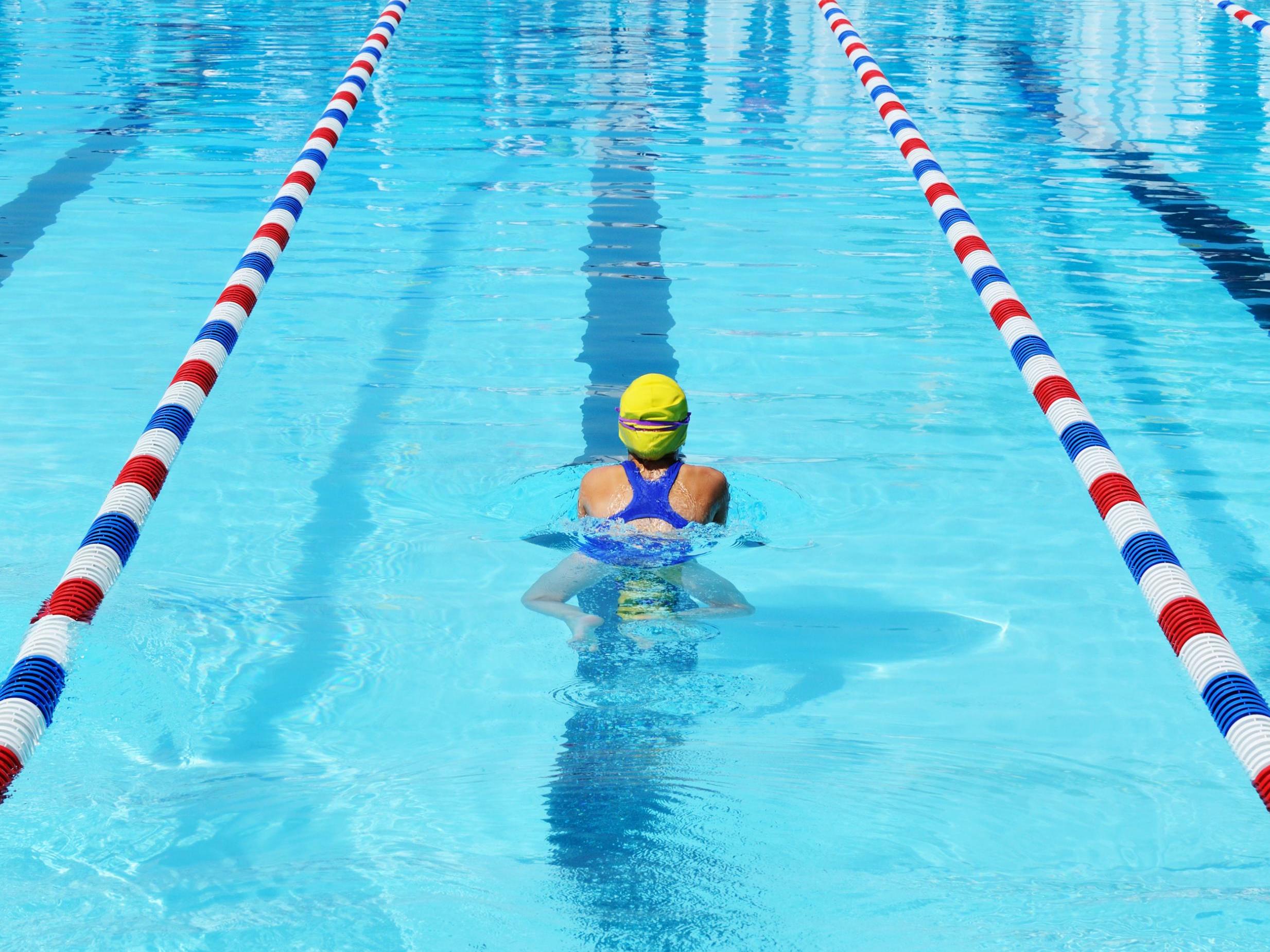Here's how to set New Year's resolutions that you can actually keep
Forget eating better, drinking less and doing more exercise. Instead pick something that will enrich your life if you achieve it – like learning to swim


Your support helps us to tell the story
From reproductive rights to climate change to Big Tech, The Independent is on the ground when the story is developing. Whether it's investigating the financials of Elon Musk's pro-Trump PAC or producing our latest documentary, 'The A Word', which shines a light on the American women fighting for reproductive rights, we know how important it is to parse out the facts from the messaging.
At such a critical moment in US history, we need reporters on the ground. Your donation allows us to keep sending journalists to speak to both sides of the story.
The Independent is trusted by Americans across the entire political spectrum. And unlike many other quality news outlets, we choose not to lock Americans out of our reporting and analysis with paywalls. We believe quality journalism should be available to everyone, paid for by those who can afford it.
Your support makes all the difference.Your New Year hangover has finally worn off. Armed with a clear head and the bright hope and enthusiasm of a child, you draw up a list of New Year’s resolutions which will be dominated by the wholesome trinity: exercise more, lose weight, drink less alcohol.
You dust off the yoga mat from the top of the wardrobe, buy 12 different kinds of fruit for the juice-maker and vow to go at least two days a week without booze. It is the same ritual as last year; but this year, you tell yourself, will be different. This year, you will stick to them.
Yet by 17 January – the date, it is claimed, when we are most likely to ditch our resolutions – we are back to our old ways. Gyms across the country that hummed with the sound of pounding on treadmills in the first two weeks of the year fall silent. Some people can last the whole month of January without alcohol – but then undo it all by spending the remaining 11 months drinking too much.
For as long as I can remember, my New Year’s resolutions have featured the “trinity”. Even as I make them, I know they will be broken, which is part of the problem.
I am by no means alone: the NHS calculates that only one in 10 of us sticks to our resolutions. The health service offers advice is to set realistic, achievable goals; many of us fail because we try to change our lifestyles too radically. But I have decided this year really will be different. I am going to resolve to not do any of them.
Instead, I am going to set myself completely different goals (call them “resolutions” if you must) that are about self-improvement rather than self-criticism. Focusing on what society tells us is wrong – that we drink and eat too much, and move too little – is only going to make us feel bad about ourselves when we inevitably fail. Unless you are morbidly obese or an alcoholic, for which you should seek medical support whatever the time of year, you shouldn’t be too hard on yourself for eating an extra slice of cake or having one more glass of wine.
In fact, we are far more likely to feel good by the end of 2020 if we have achieved something completely new, travelled somewhere different, learned a new language or overcome a personal fear. To borrow from the current fashionable jargon, where meaningful change only happens when things are “disruptive”, deciding to do something new and out of our routine could make us feel far better about ourselves than any daily smoothie. These disruptive resolutions are the kind where, if we achieve them, they can enrich our lives but if we fail to meet them it doesn’t feel as bad as the repeated broken resolutions of the past.
That is why I am going to conquer my fear of water and learn to swim.
It is something I never learned as a child and then just kept putting off as an adult. If it sounds like I am cheating, and simply using this as a way to do more exercise, I promise that is not it. If this was just about getting fitter, getting into a swimming pool watched by children wondering why I need a float and placing my trust in a complete stranger would certainly not be my first choice to get the heart pumping.
And now I have written these words down, in public, I know I have to keep to it.
Join our commenting forum
Join thought-provoking conversations, follow other Independent readers and see their replies
Comments